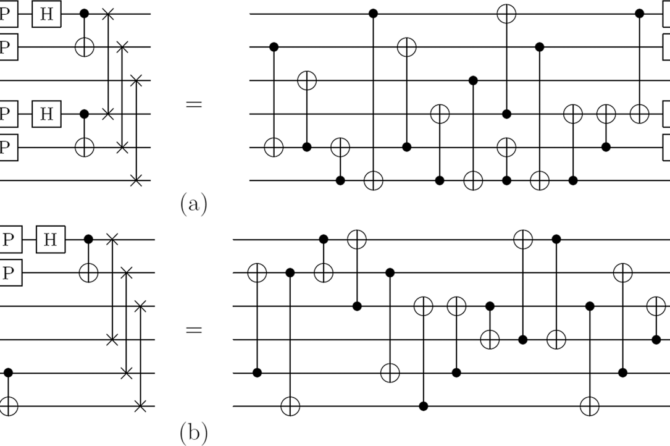MIT researchers have used ultrathin materials to build superconducting qubits that are at least one-hundredth the size of conventional designs and suffer from less interference between neighboring qubits. This advance could improve the performance of quantum computers and enable the development of smaller quantum devices.
The researchers demonstrated that hexagonal boron nitride, a material consisting of only a few monolayers of atoms, can be stacked to form the insulator in the capacitors on a superconducting qubit. This defect-free material enables capacitors that are much smaller than those typically used in a qubit, which shrinks its footprint without significantly sacrificing performance.
n addition, the researchers show that the structure of these smaller capacitors should greatly reduce cross-talk, which occurs when one qubit unintentionally affects surrounding qubits. (MIT)
The paper has been published in Nature Materials.




